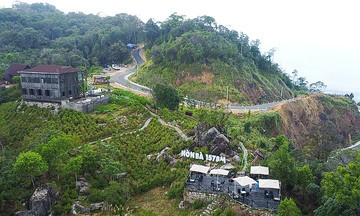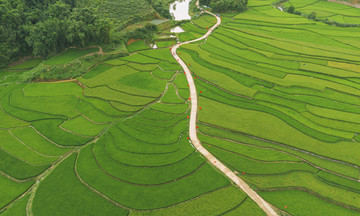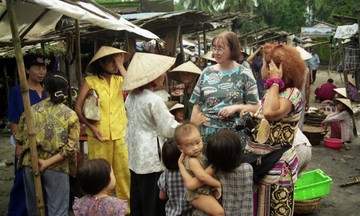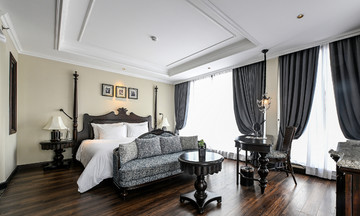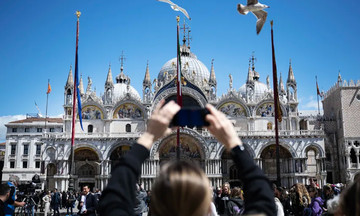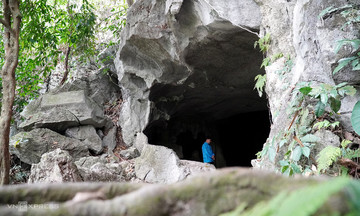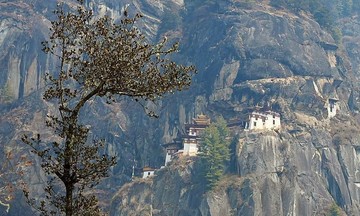Canadian insurance company HelloSafe issued an apology on 15/7 and retracted its controversial travel safety ranking that listed the Philippines as the world's least safe country for tourists. The ranking sparked outrage from the Philippine government and its tourism sector.
According to The Filipino Times, HelloSafe published its "Safety Index 2025" in early June. The Philippines scored 82.32, placing it last on the list of safe countries for tourists. A higher score indicated lower safety, based on criteria such as natural disasters, healthcare systems, societal violence, and militarization.
 |
Tourists checking in at El Nido, Palawan Island, Philippines. Photo: Getyourguide |
Tourists checking in at El Nido, Palawan Island, Philippines. Photo: Getyourguide
On 19/6, the Philippine Department of Tourism issued a statement strongly criticizing the report's transparency and reliability, arguing that the ranking caused "serious and lasting damage". Tourism Secretary Christina Garcia Frasco asserted that the index was based on "unsubstantiated data", warning that such information could negatively impact the tourism industry and the livelihoods of Filipinos.
"Upon review, HelloSafe's website primarily focuses on selling travel insurance rather than providing objective safety assessments. The report lacks full disclosure of its methodology and specific data sources", Frasco said.
HelloSafe subsequently announced a suspension of the index to conduct a comprehensive audit of its methods and criteria. The company acknowledged the backlash and stated that its original intent had been misinterpreted.
"We sincerely apologize for any misunderstanding and negative impact caused by this ranking", HelloSafe stated, affirming that it had no intention of disparaging any country, including the Philippines.
The company committed to removing the ranking from all platforms and implementing a comprehensive review. This ensures future reports are verified, contextualized, and based on transparent and reliable data sources.
HelloSafe explained that the Philippines' low ranking was primarily due to natural risk factors like typhoons and earthquakes. These are beyond any nation's control and do not reflect the quality of the Philippine people, government, or institutions.
In a statement on 17/7, the Philippine Department of Tourism welcomed HelloSafe's apology and suspension of the ranking. However, it noted that "some remnants" of the original article remained online, continuing to negatively impact the country's image.
Secretary Frasco emphasized that the report caused undue alarm, undermining the efforts of the government and tourism stakeholders. She called for greater responsibility from travel content creators and global ranking entities. She stressed the importance of "transparent, accurate data" in shaping public perception.
Tourism is currently one of the pillars of the Philippine economy. It contributed 8.9% of GDP, equivalent to 2,350 billion pesos (41 billion USD) in 2024, according to the Philippine Statistics Authority. The sector also employs 6.75 million workers, representing 13.8% of the national workforce.
Mai Phuong (SCMP)



